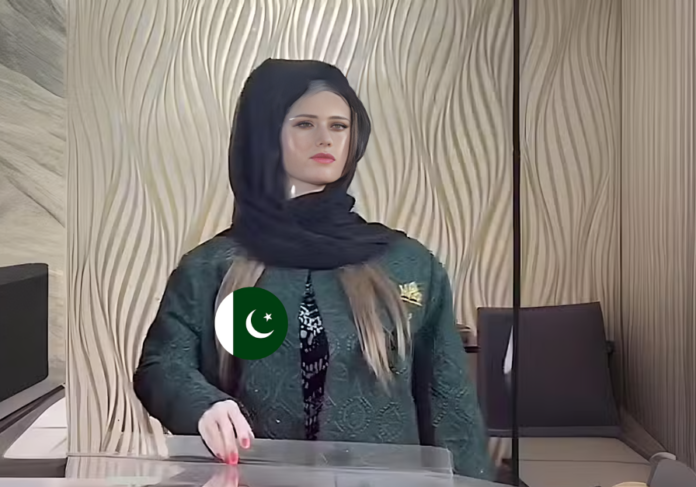The unveiling of the Pakistan First AI Teacher is a groundbreaking milestone in the country’s education sector. This innovative technology has been introduced to private schools, promising to enhance learning experiences, bridge educational gaps, and foster a tech-savvy generation equipped for the future.
This move is seen as a significant leap toward modernizing Pakistan’s education system and addressing critical challenges like teacher shortages and the standardization of curriculum delivery.
Pakistan First AI Teacher: A Technological Breakthrough
The Pakistan First AI Teacher utilizes advanced artificial intelligence algorithms to deliver interactive, engaging, and personalized lessons. It is designed to adapt to each student’s unique learning pace, offering tailored educational experiences that maximize their potential.
Key Features of the AI Teacher:
Personalized Learning: Adaptive algorithms ensure that lessons are tailored to individual learning needs.
Interactive Content: Use of multimedia, quizzes, and real-time assessments to keep students engaged.
Data Analytics: Comprehensive performance tracking for students, providing actionable insights to educators and parents.
Scalability: The technology can be implemented across diverse learning environments, from urban schools to rural classrooms.
This AI solution has been integrated into private schools to provide consistent and high-quality education, helping to minimize discrepancies in teaching standards across the country.
Impact on Pakistan’s Education System
The introduction of the Pakistan First AI Teacher is expected to address several critical challenges in Pakistan’s education system, including:
Improved Accessibility and Learning Outcomes
AI technology ensures that students in under-resourced areas have access to high-quality educational tools. With features like 24/7 availability and multilingual support, this AI teacher can make learning accessible to a broader demographic, including underserved communities.
Addressing Teacher Shortages
Teacher shortages and varying quality of instruction have long plagued Pakistan’s schools. The AI teacher provides consistent delivery of lessons, ensuring that students receive the same standard of education regardless of location or school resources.
Cost-Effectiveness for Private Schools
While initial implementation costs may be high, the AI teacher can reduce long-term operational expenses for private schools by minimizing the need for additional teaching staff. This creates opportunities for resource allocation to other critical areas.
Challenges and Opportunities
Barriers to Adoption
Despite its potential, the implementation of the Pakistan First AI Teacher faces challenges. Limited access to reliable internet and digital devices, especially in rural areas, poses a significant hurdle. Efforts are being made to address this through partnerships with telecommunication providers and subsidized device programs.
Teacher and Student Training
For optimal integration, teachers need training to effectively use AI tools alongside traditional teaching methods. Similarly, students must become familiar with technology to fully benefit from AI-assisted learning.
Shaping the Future of Education
The integration of the Pakistan First AI Teacher aligns with global trends in educational technology. By embracing AI, Pakistan positions itself as a regional leader in ed-tech innovation, promoting digital literacy and preparing students for a technology-driven world.
Long-Term Vision:
Expanding Reach: Deploying AI teachers in government schools to ensure equitable access.
Focus on STEM Education: Leveraging AI to enhance learning in science, technology, engineering, and mathematics (STEM) fields.
Incorporating AI Ethics: Educating students about responsible AI use as part of their curriculum.
The Pakistan First AI Teacher represents a transformative shift in the way education is delivered in the country. By combining technology with traditional teaching methods, this initiative has the potential to create a more inclusive, efficient, and innovative educational system. As private schools take the lead in adopting this technology, they set a precedent for others to follow, ensuring that Pakistan’s students are equipped to thrive in an increasingly digital world.
A like this Sindh’s Transgender Education Policy is a landmark reform aimed at fostering inclusivity in schools. It ensures equitable access for transgender students, addressing discrimination and stigmatization. Key measures include anti-bullying protocols, teacher sensitization, an inclusive curriculum, and mental health support. This policy aligns with global gender equality goals and sets a progressive precedent for Pakistan.


